Paul said, “As the body is not one member, but many . . . but now hath God set the members every one of them in the body, as it hath pleased him” (1 Corinthians 12:14, 18). Each member has a role; if members fail to fill it, the body suffers. After each seminar, my favorite session is a private meeting with the elders and preachers. We slowly breakdown each principle. We provide elders a blueprint to follow and the preacher tools and training material to teach. This meeting is the key to taking the seminar from static lectures to an active ministry. If the elders and preacher do not engage and lead the congregation in evangelism, the blueprint does not work.
Two years ago, the HTH School of Evangelism introduced a ten-point plan to involve an entire congregation in local growth. The first two steps can normally be completed within days, but the next steps take more time. The average congregation takes 12-18 months to put all the principles together into a working model. Once engaged, the results can be seen rather quickly. For example, just one day after completing onsite training at St. Mary’s in Georgia, there were reports of Bible studies and conversions.
We must have a cultural change within our congregations that focuses on fishing for men instead of keeping the aquarium. This change necessitates elders and preachers focusing on the mission of the church instead of being sidetracked with so many mundane and unnecessary “programs.” If we want different results than we have seen in the past 40 years, we must change our emphasis.
In His Service,
Rob Whitacre, Director HTHSOE

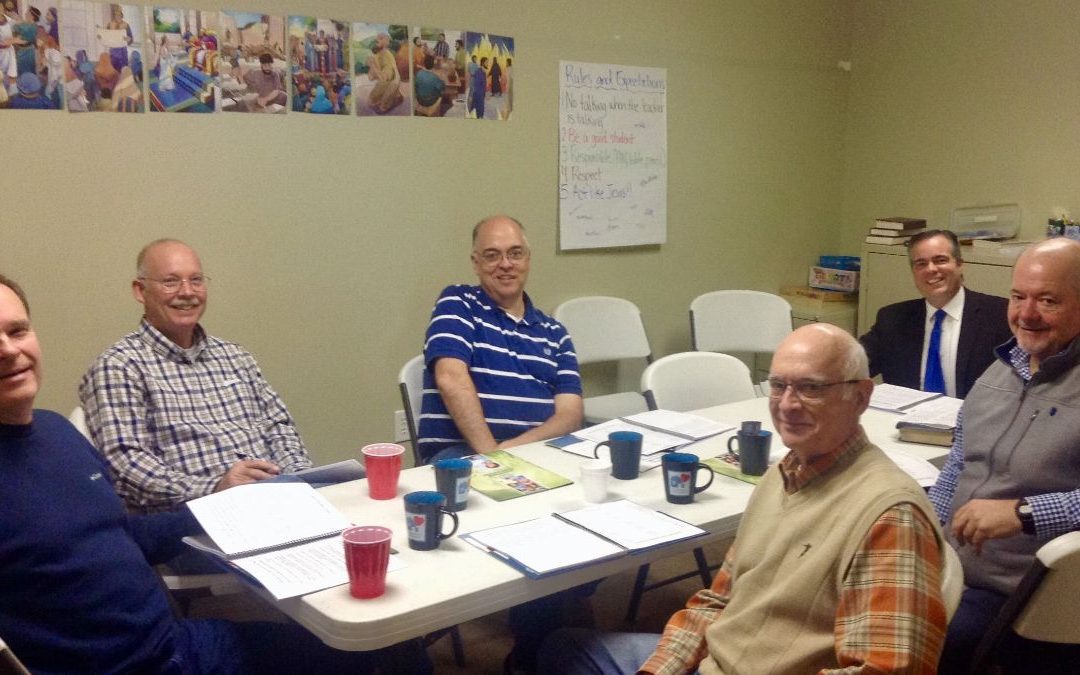
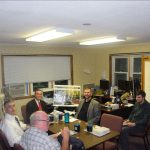
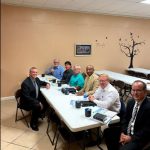
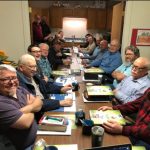
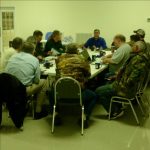
Recent Comments